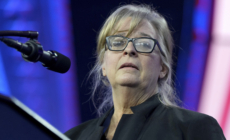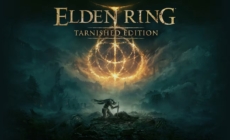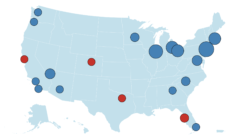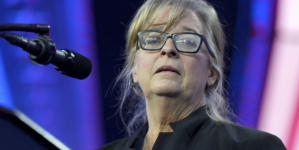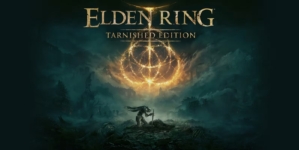-
Training Camp Power Rankings Sees Chiefs Unseated as AFC Kings - 27 mins ago
-
Tsunami Reaches U.S., and Trump’s Former Lawyer Confirmed as Judge - 28 mins ago
-
Rachel Morin’s Mother Blames Democrats for ICE Raid ‘Chaos’ - about 1 hour ago
-
Here Are the Best Rides at Universal’s New Epic Universe Theme Park in Orlando - about 1 hour ago
-
Nintendo Direct Coming This Week – Where to Watch and What to Expect - 2 hours ago
-
‘Anybody but Mamdani’: 5 Groups Emerge to Raise Millions in Attack Funds - 2 hours ago
-
Map Shows Where House Prices Are Rising and Falling Fastest - 2 hours ago
-
Ozzy Osbourne’s Coffin Will Be Taken Through His Hometown’s Streets Before Funeral - 3 hours ago
-
Dog’s Reaction To Hearing Best Friend Is Coming Over Delights Internet - 3 hours ago
-
Astros Deadline News: Team Increases Interest in Padres Pitcher Dylan Cease - 3 hours ago
North Korea Ignores Trump’s Overtures
North Korea continues to give the United States the cold shoulder, despite President Donald Trump’s apparent willingness to resume dialogue with the country’s supreme leader, Kim Jong Un.
State media has branded Washington a “hostile force” after Trump expressed confidence in his ability to end a potential conflict on the Korean Peninsula.
Why It Matters
Trump claims to have considerable leverage over Kim, citing their correspondence during his first term in office. During this period, he also met with Kim face-to-face in a failed effort to entice the North Korean leader to draw down his regime’s United Nations-sanctioned nuclear weapons program, which Pyongyang claims is necessary to deter aggression by the U.S. and its South Korean ally.
The stalled talks sent bilateral ties into a chill, with North Korea moving to enshrine its nuclear weapons capability into its constitution and resuming its ballistic missile launches and bellicose rhetoric that drove up tensions with the South.
Newsweek reached out to the North Korean embassy in China by email with a request for comment.
What To Know
Rodong Sinmun, the official mouthpiece of North Korea’s ruling Workers’ Party, took aim at the U.S.—without mentioning it by name—in an editorial published Sunday.
“Hostile forces have, for over 10 years, clung to unprecedentedly harsh sanctions and blockades in an attempt to make us abandon the path of self-reliance,” the article said.
It went on to praise North Korea’s continued determination to resist “imperialists,” saying that their designs can only be countered by “stockpiling strong power to defend the nation’s sovereignty and security.”
The article was published just two days after Trump touted his “good relationship” with Kim, but did not confirm or deny he had reached out to the North Korean strongman.
Trump also expressed confidence he could resolve any conflict that might break out between Pyongyang and Seoul. Because Korean War hostilities ended with an armistice rather than a formal peace treaty, the neighbors technically remain in a state of war.
Earlier this month, North Korea-focused outlet NK News reported Trump had written a letter to Kim, seeking to open the door for renewed dialogue.
According to an “informed high-level source” cited by the outlet, in-person attempts to deliver the letter were rebuffed by staff members of North Korea’s U.N. office.
What’s Next
The conditions in which Kim would agree on returning to the negotiating table remain unclear, but analysts widely concur North Korea is unlikely to accept any deal that demands full denuclearization.
Meanwhile, Russia’s war in Ukraine and heightened tensions in the Middle East in the wake of the war between Iran and Israel are likely to keep North Korea off the White House’s list of immediate priorities.
What People Have Said
Trump told reporters in the Oval Office Friday: “If there is a conflict, I get along with him very, very well. And we’ll get the conflict solved.
“I’ve had a good relationship with Kim Jong Un […] but somebody’s saying if there’s a potential conflict—I think we’ll work it out, and if there is it wouldn’t involve us.”
Andrei Lankov, visiting research fellow for the Seoul-based Sejong Institute think tank, wrote in a June analysis: “Under current circumstances, compared with 2019, North Korea is under much less pressure to engage in negotiations with the United States.
“This might mean that the North Korean side will not start where the talks ended in 2019, and will make a few steps back, withdrawing some of their 2019 proposals which might be seen now as excessively generous […] This might mean that the U.S. delegation would have to accept the conditions it rejected in Hanoi in 2019 or accept the collapse of the talks.”

Brendan Smialowski/AFP via Getty Images
Source link




